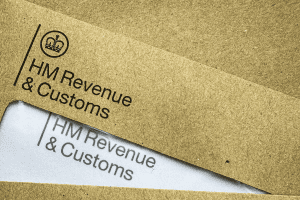While taxes may not be on an employer’s mind during Christmas parties, it’s still important to know the rules for claiming exemptions. Here’s our run down of what to consider when planning an event that will spread festive cheer, show appreciation for employees and stay financially viable.
Christmas party tax rules
HMRC have specific rules for social events provided to employees by businesses. The basic rules are that a social event’s expenses can be tax exempt under the following conditions:
- The total cost per employee is £150 or less, including VAT. This is per employee per year and includes all expenses associated with the event, including food and drink, accommodation, a venue, travel and entertainment costs. The event must also be available to all employees, or a significant proportion of them.
- If someone exceeds the £150 per employee per year limit, the tax authorities will tax all event expenses. National insurance contributions will also apply.
Employee rules
The same goes for employees. If the event is exempt, then they will not need to pay tax. If it is not exempt, then they will need to pay tax. Those planning the event should consider this limit when planning the event and should aim to keep expenses within it to ensure exemption.
Director rules
Directors are afforded slightly more for their exemptions, rising to £300 for their events. This limit also includes other potential gifts and perks from the company, so this will also need to be considered when event planning.
Gifts under £50 are usually exempt. However, directors should check with their accountant. This ensures they stay within their limits.
Keep clear records of all expenses to help ensure you follow HMRC rules. You should also talk to your accountants to double-check your tax planning.
J Sweeney Accountants are on hand to ensure that Christmas parties can stay fun and stress-free affairs for all involved. Contact us on 01604 950034 or email us at [email protected] to discover more.




